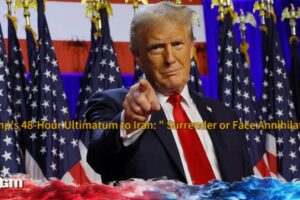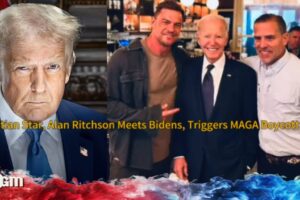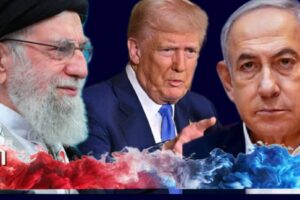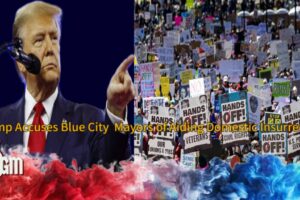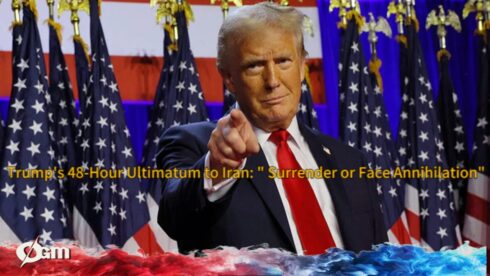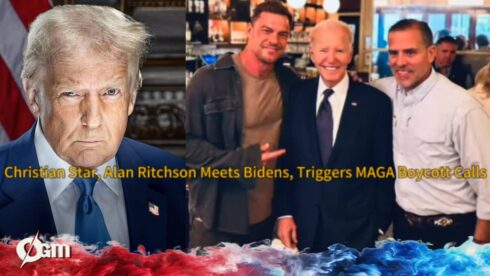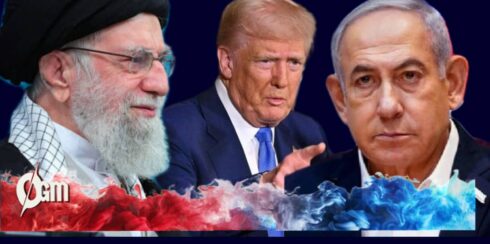– President Donald Trump has signed an executive order to implement key elements of a UK-US tariff agreement, bringing relief to Britain’s auto sector but leaving unresolved tensions over steel imports. The move follows intense negotiations and marks the first official implementation of the bilateral pact unveiled last month.
UK Prime Minister Sir Keir Starmer hailed the development as “a very important day,” though industry stakeholders remain wary. While some trade barriers are being lifted, others—particularly on steel—persist, leaving critical UK industries in a state of uncertainty.
Car Tariffs Cut in Breakthrough for UK Auto Industry
Under the newly signed order, the US will allow up to 100,000 UK-manufactured vehicles to enter the American market annually at a reduced 10% tariff—down from the 25% rate introduced earlier this year. This shift provides a lifeline to British carmakers, many of whom had halted US shipments while awaiting a formal trade resolution.
Mike Hawes, head of the Society of Motor Manufacturers and Traders, welcomed the order as “a huge reassurance.” British car exports had fallen sharply as firms like JLR (Jaguar Land Rover) paused deliveries in April amid tariff uncertainty. Hawes noted that UK manufacturers could now regain a competitive edge over European rivals from Germany and Italy, who remain subject to the higher 27.5% US tariff.
Steel Sector Left in Suspense Amid Tariff Dispute
Despite the breakthrough in automotive trade, the order provides no concrete relief for the UK steel industry. A 25% US tariff on British steel and aluminium remains in place, and the Trump administration has yet to clarify whether exemptions will be granted. Trump, speaking at the G7 summit, stated, “We’re gonna let you have that information in a little while,” when pressed about the steel provision.
The ambiguity is a concern for both the UK government and British steel producers. “We’re still working through some technical details around steel,” UK Transport Secretary Heidi Alexander said. Trade body UK Steel echoed the need for clarity, citing the strict “melted and poured” rule for exemption—an issue complicated by Tata Steel’s recent shutdown of its blast furnaces in Britain.
UK Grants Ethanol Quota as Domestic Industry Raises Alarm
As part of the tariff deal, the UK has agreed to admit 1.4 billion litres of US ethanol duty-free, scrapping a previous 19% import tax. The move has sparked backlash from British bioethanol producers. ABF Sugar, owner of the Vivergo Fuels plant in Hull—the UK’s largest bioethanol facility—warns that up to 200 jobs are at risk unless the government intervenes.
“The government’s given away the entire UK market for bioethanol,” said Paul Kenward, ABF Sugar CEO. He emphasized the need for state support before the company’s 25 June deadline to avert job losses. The ethanol provision is seen as a major concession to Washington but comes at a significant domestic cost.
OGMNews.COM
UK Surrenders Ethanol Market to US in Trump Trade Deal, Hundreds of Jobs at Risk

The UK has also agreed to raise the quota for American beef imports to 13,000 tonnes and remove a 20% tariff. While this provision may boost trade, it has sparked food safety concerns. However, the UK government insists that all US beef must meet existing food standards, quelling fears of a compromise on quality.
Business and Trade Secretary Jonathan Reynolds confirmed that Parliament would be updated on the new quotas and regulatory oversight. The increase in US beef imports reflects an effort to balance trade benefits with consumer and public health protections.
Criticism Mounts Over Limited Scope of Pact
Despite being hailed by Trump as a “major trade deal,” the agreement falls short of a full free-trade pact. The executive order can only modify tariffs within the President Trump’s authority and does not require Congressional approval—limiting its legal and economic scope. UK officials have lauded it alongside deals with the EU and India, but critics say the agreement is overly narrow.
Opposition figures in the UK have been vocal. Conservative leader Kemi Badenoch labeled it a “tiny tariff deal,” while Liberal Democrat Treasury spokesperson Daisy Cooper demanded full disclosure, including impact assessments. “British farmers, food standards, and the steel industry deserve transparency,” she said.
Economic and Political Implications of the Tariff Shift by Trump administration
This partial tariff reprieve comes amid broader protectionist moves by the Trump administration, which has levied wide-ranging tariffs on global imports to incentivize domestic production. The UK deal represents a notable exception, signaling a desire to preserve strategic trade ties with Britain despite broader restrictions.
While UK carmakers are poised to benefit, industries like steel and bioethanol remain on edge. Prime Minister Starmer emphasized the long-term importance of the pact, calling it a “sign of strength” in UK-US relations. Yet as the fine print takes effect, the question remains whether the deal offers enduring stability—or merely temporary relief.
Deal Comes Into Effect in Seven Days
The agreement, signed Monday by President Trump, will be enforced seven days after its official publication. UK and US authorities will monitor compliance and continue negotiations on unresolved aspects, particularly regarding steel and aluminium.
As bilateral trade talks continue, the spotlight will remain on whether this agreement can evolve into a more comprehensive partnership—or if it will stand as a symbol of limited gains in a complex geopolitical era.

